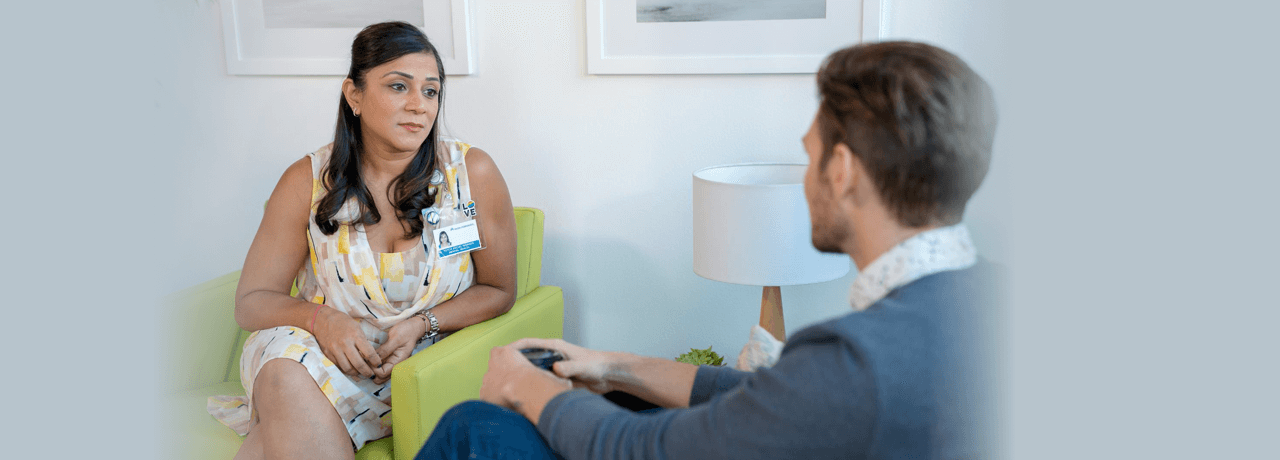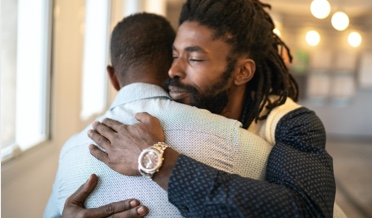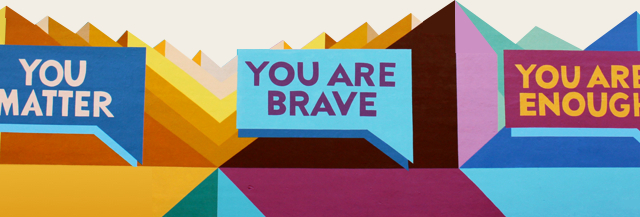Depression can affect anyone, but some groups have unique needs, issues, and experiences.


Help for depression
Depression is different for everyone, and so is treatment. What works for one person might not work for another — and you might need to try a few things before you figure out what works for you. That’s totally normal — and you can get help finding the right support.
How is depression treated?
There are many kinds of treatment — these are just a few of the most common ones. If you think you might be depressed, talk about it with your doctor or someone else you trust.
- Individual therapy can help you explore and understand your thoughts, feelings, and behaviors, build coping skills, and learn how to manage your depression in healthy ways.
- Group therapy has the same goals and benefits as individual therapy. And many people find connecting with other people who are experiencing depression to be extremely powerful.
- Medications like antidepressants and mood stabilizers can’t cure depression, but they do help some people manage their symptoms. Taking medication is a personal choice you make with your doctor.
- Peer-to-peer support groups like NAMI Connectionexternal provide safe, confidential spaces for people to learn, share, and grow together. They also foster a sense of community and connection — which can help remind people living with depression that they’re not alone.
- Healthy lifestyle changes like eating healthier and exercising more can help some people find relief from mild to moderate symptoms of depression.






